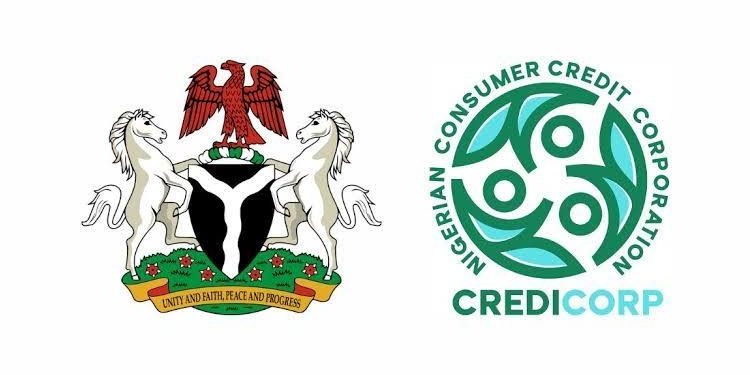The Federal Government of Nigeria, through the Ministry of Women Affairs, in collaboration with the Nigeria Consumer Credit Corporation (CrediCorp) and other partners, has launched a new initiative to grant 3 million women access to ₦5 million worth of renewable energy credit.
The program, themed “PowerHer 774 – End Energy Poverty for Women,” aims to empower Nigerian women by giving them access to renewable energy technologies and tools for use at home and in their businesses. Beneficiaries are expected to repay the credit over a period of 18 months to two years.
At the launch event, the Minister of Women Affairs, Imaan Sulaiman-Ibrahim, highlighted the urgent need for intervention, noting that approximately 80,000 Nigerian women die annually from exposure to toxic carbon emissions due to cooking with firewood and kerosene. She also pointed out that women spend an average of eight hours daily sourcing and preparing fire for cooking.
Furthermore, women and children in rural communities make up a significant portion of the 48% (about 85 million people) of Nigerians living without access to electricity.
“In these communities, darkness equates to absence of opportunities, indignity, lack of safety, and lost hope. This must change,” the Minister stated.
According to Sulaiman-Ibrahim, the PowerHer 774 project will distribute solar home systems, clean cooking technologies, solar water pumps, e-mobility tools, and more, across the country.
“Our ambition is high, but it must be so if we wish to see women trained as energy entrepreneurs, certified energy managers, and solar technicians. We aim to empower women with solar tools to support agriculture, small businesses, and rural industries,” she emphasized.
“This is more than an initiative—it’s a movement, a call to action, showing the world that Nigerian women are not just aid recipients but architects of transformation,” she added.
Also speaking at the event, Uzoma Nwagba, Managing Director of CrediCorp, said women were selected as the primary beneficiaries because they historically demonstrate better credit performance than men.
“Our records show that women repay loans 20% more efficiently than men. They pay on time and are more consistent with their repayments. Women also have a stronger multiplier effect when empowered financially,” Nwagba noted.
He further explained that through CrediCorp’s Credit Access for Light and Mobility (CALM) fund, launched in February, women across Nigeria will have access to funding to acquire solar panels, alternative energy solutions for their homes and businesses, and convert their vehicles to CNG engines.
The programme is open to women in both rural and urban areas who have a steady or predictable source of income.
“By predictable income, we don’t just mean white-collar jobs. Traders, shop owners, and anyone earning a steady N1,000 to N2,000 per day and capable of paying N200 to N500 daily towards loan repayment are eligible,” Nwagba explained.
“It’s a consumer credit programme designed for individuals to use for household or business energy needs,” he concluded.










